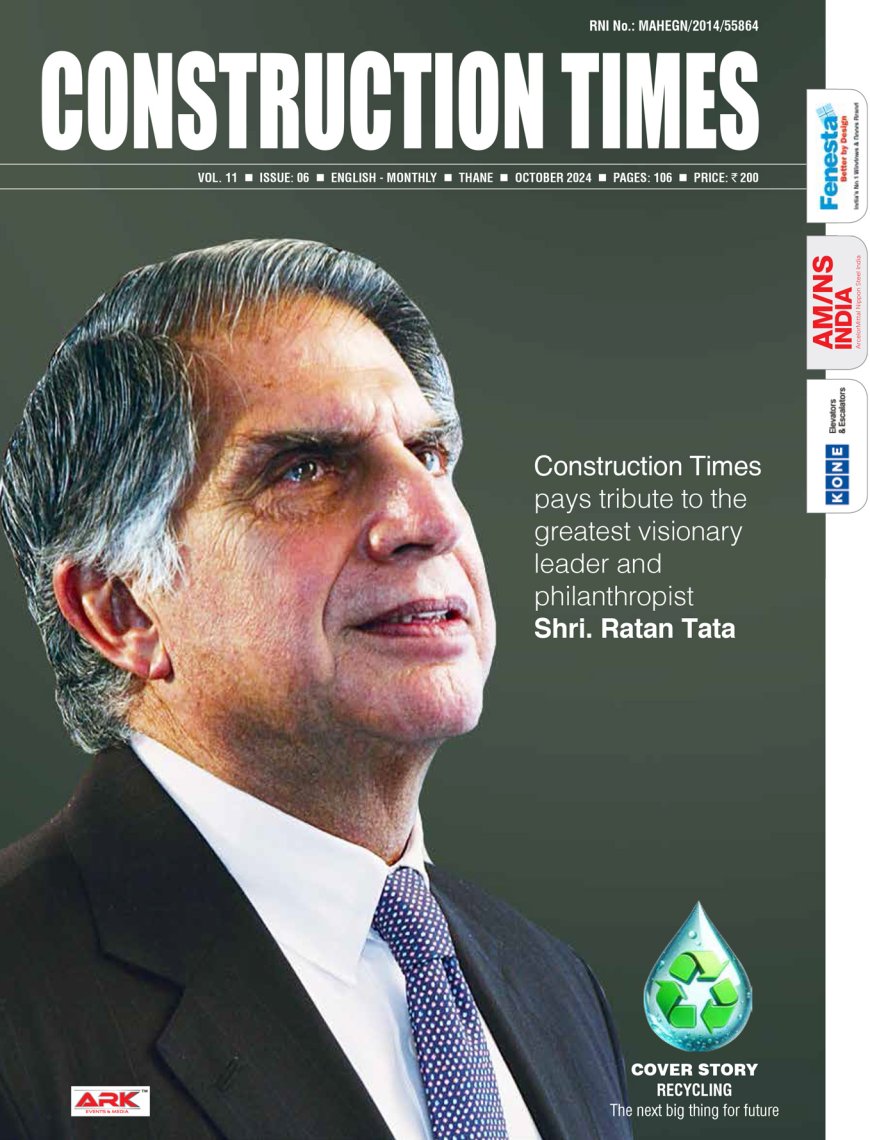RAW MATERIAL COST INCREASE AND REAL ESTATE MARKET
The real estate and construction sector together form the second largest employment provider of the country, next only to the agriculture sector. In terms of Foreign Direct Investment (FDI) inflow, the real estate sector is ranked at number three. The contribution of the real estate sector to the country's GDP is set to go up from 7 per cent in 2020 to 13 per cent by 2030.


- Naveen Mypala,
Managing Director, Urban Living
The real estate and construction sector together form the second largest employment provider of the country, next only to the agriculture sector. In terms of Foreign Direct Investment (FDI) inflow, the real estate sector is ranked at number three. The contribution of the real estate sector to the country's GDP is set to go up from 7 per cent in 2020 to 13 per cent by 2030. Hyderabad is doing the best in real estate sales. Additionally, the real estate sales in Bengaluru, Mumbai, Delhi, Chennai, Ahmedabad and Pune have also witnessed substantial growth in recent times.
But, the effect of increase in prices of raw materials has put real estate developers in trouble, forcing them to increase the property prices. As a result, buyers will now have to pay between Rs 2 lakh to 10 lakh more for buying a house or residential apartment. The raw material costs are seeing an average increase of 45%, which is the main reason for raising the real estate property prices from Rs 4,500 to Rs 6,000 per square foot. Real estate companies are now seeking the government's intervention on this issue. The Confederation of Real Estate Developers Association of India (CREDAI) has decided to approach the Union Government to talk about the price hikes related to RERA registered bookings. This is because the increase of raw material prices is affecting the construction cost of already booked projects.
The constant rise in price of raw materials poses a significant challenge to the real estate industry's ability to deliver high quality projects on time. The fluctuating market value for these raw materials is expected to cause high project risk to all the stakeholders such as suppliers, contractors, and clients involved in the construction of a real estate project. The demand for all types of residential places, combined with inflation, constrained monetary supply, and high raw material prices has raised a serious challenge for the real estate companies. Therefore, improving property delivery within budgeted time, cost, and quality expectations, along with taking into account stakeholders' satisfaction and raw material costs, has become crucial.
Since 2021, the construction cost has gone up by about 35 per cent and the labour cost has increased by almost 25 per cent. Further, rise in fuel price has a considerable effect on the real estate industry. Shortage of coal is also among one of the reasons. Ever since RERA has been enforced in the country, developers are not able to raise the prices of properties after signing an agreement with the buyer. Thus, this hike in raw material cost will severely dent the viability of the real estate sector, which has already been suffering under the tremendous effects of the pandemic.
A collaborative approach is needed to tackle this rising concern. Government should intervene and keep an eye on the costs of steel and cement, to check if these materials are in proportion to the cost increase of their inputs. Lending cost of construction finance should be decreased. The government should bring equal interest rates on construction finance and housing loans. Additionally, input tax credit (ITC) should be re-introduced by the government, as the high price of raw materials and consequent rise in GST is adding enormous financial burden to the real estate developers.
Hits: 1















